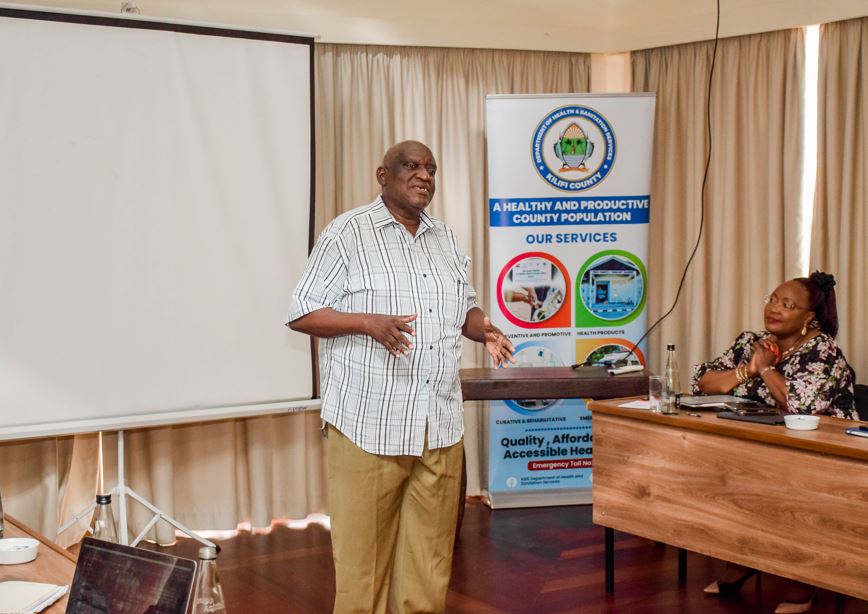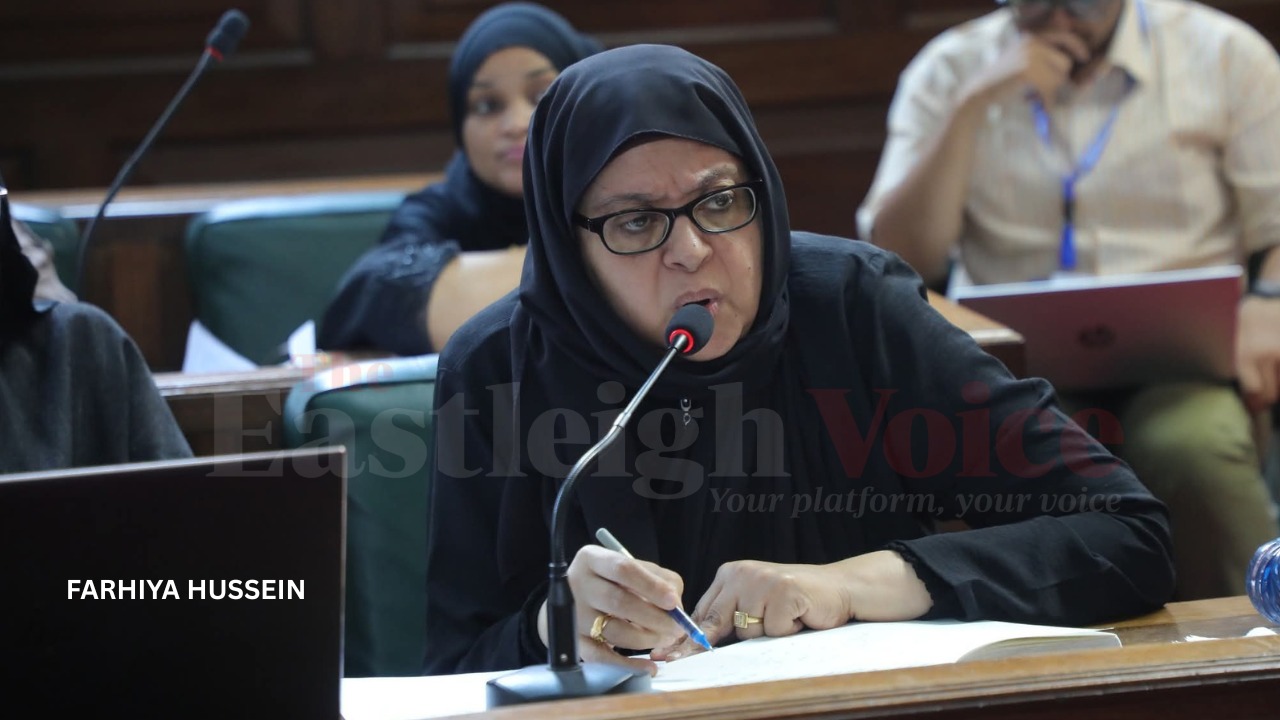Fears of job losses as Kilifi County plans to outsource health facility cleaning services

Approximately 500 casual workers in Kilifi County's Health and Sanitation Department have raised concerns over the county government’s decision to outsource their services.
The workers fear that this move could lead to job losses, putting their livelihoods in jeopardy.
More To Read
- Kilifi set for industrial revolution as Vipingo Special Economic Zone breaks ground
- Kwa Binzaro cult suspects scattered bodies across 400 acres to outwit investigators, court told
- Kilifi prisons under spotlight for harsh conditions, inmate neglect
- Kilifi tightens fisheries oversight, urges fishermen to resolve conflicts amicably
- Five bodies exhumed in Kwa Binzaro as mass graves probe intensifies in Kilifi
- Activists alarmed as Kwa Binzaro ‘Shakahola 2’ exhumations delayed, warn against mass grave
In a move that has sparked widespread apprehension among the workforce, the county administration has indicated plans to contract an external company to manage cleaning services in local health facilities.
This decision has left many casual workers uncertain about their future, with some worried that they may be laid off if the outsourcing plan proceeds.
Speaking under the condition of anonymity due to fears of retaliation, several workers expressed their deep anxiety over the potential consequences of this decision. They voiced concerns that they could be dismissed from their positions if the county does not reverse its decision to hire a private company to oversee cleaning duties in various hospitals across the county.
During a meeting held in Malindi this week, the workers' representatives revealed their dismay over a recent communication from the County Chief Officer for Health Services and Sanitation Dr David Mulwa.
The letter, addressed to all medical superintendents in Kilifi North, Magarini, and Malindi sub-counties, outlined the county’s intent to outsource cleaning services. This message has reportedly caused significant distress among casual workers.
According to the representatives, medical superintendents have already informed them that they would be transitioned to the contracted company, effectively severing their current ties with hospital management boards.
One of the workers, who has been employed as a casual for over a decade, voiced fears that being transferred to the contracted company could result in lower wages or even job termination. "We are worried that if we are moved to the new company, our pay might be slashed. Worse, we might be replaced by new workers," the worker lamented.
"Tragic consequences"
The workers also claimed that the “Stress caused by the announcement had already had tragic consequences”. They alleged that one of their colleagues took his own life earlier this week, just days after the letter from the chief officer was issued on August 6, 2024. The representatives believe that the prospect of losing their jobs has caused severe emotional distress among the workforce.
Adding to their grievances, the casual workers pointed out that “We are often overlooked in internal job advertisements, despite possessing the necessary academic qualifications for permanent positions within the county government,” another worker stated.
In the controversial letter, Dr Mulwa explained that Jikram Investments Limited had won the contract to provide cleaning services through a competitive bidding process. He argued that outsourcing these services would allow the department to focus more effectively on its core responsibilities.
"Please provide the company with the necessary support to ensure that services continue smoothly during and after the transition period," the letter stated.
The County Executive Committee Member for Health and Sanitation Services, Peter Mwarogo, echoed Dr Mulwa’s sentiments. He asserted that the move would enhance sanitation across the county’s health facilities.
"Outsourcing these services is a return to a practice that once made Malindi Hospital the cleanest in the country. This approach is more efficient, and it is a model that many hospitals across Kenya have adopted," Mwarogo remarked when reached for comment.
He added that the contracted company would select its workforce but assured that current casual workers would be considered for the new positions.
Mwarogo also noted that the county government’s decision was in line with directives from the Controller of Budget, which requires county workers to be paid within the payroll system, and the Public Finance Management Act, which mandates that the personnel budget must not exceed 35 per cent of the total budget.
Top Stories Today













































